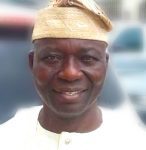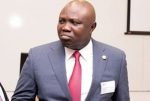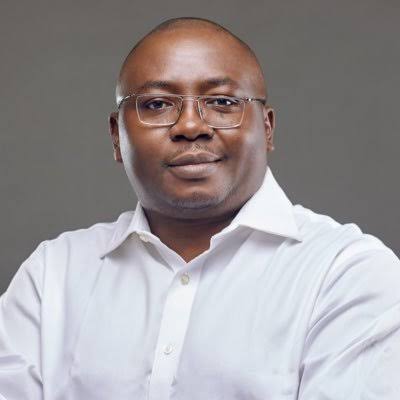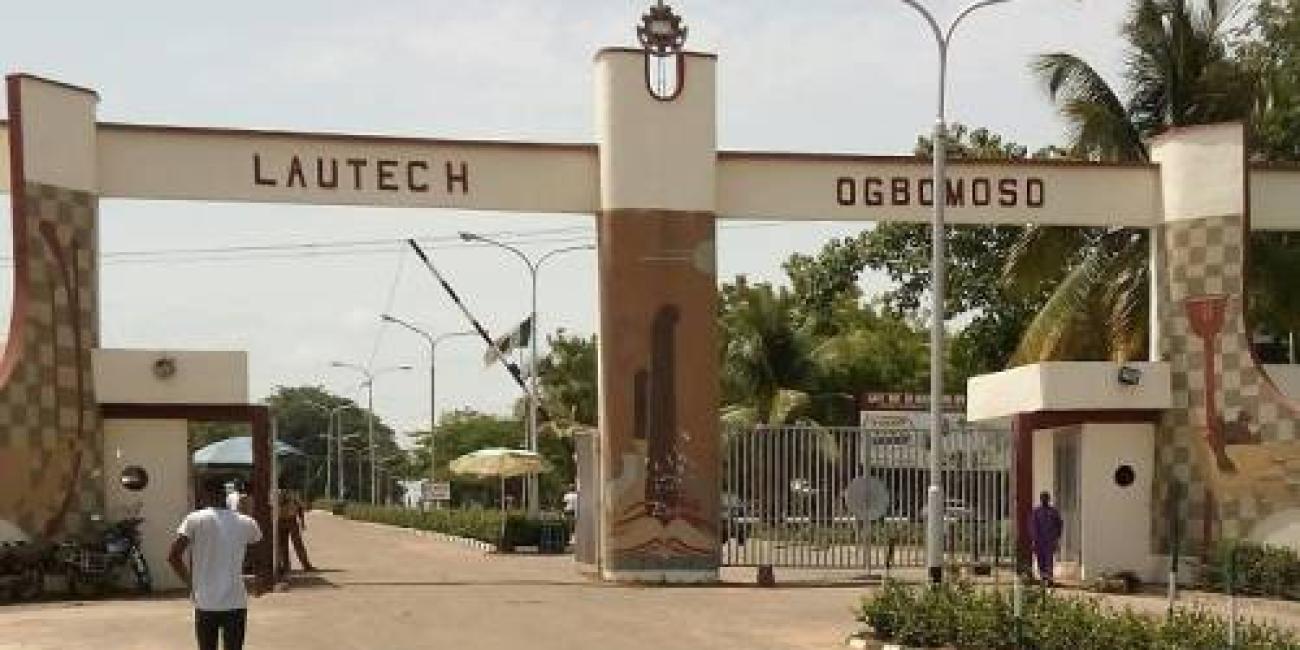NJC Panel Holds Secret Meeting With Judges Handling Corruption Cases
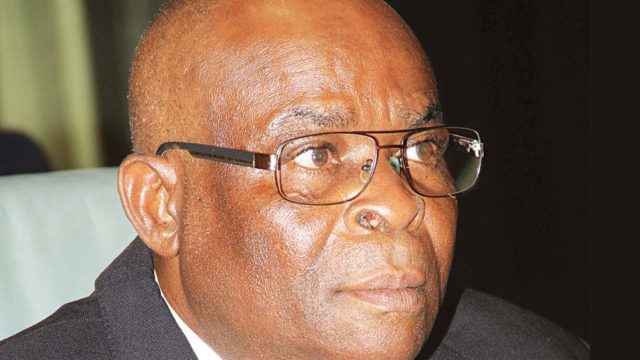

The Corruption and Financial Crimes Cases Trial Monitoring Committee, set up by the Chairman of the National Judicial Council, Walter Onnoghen, on Monday met with 11 judges handling corruption cases.
Multiple sources familiar with the matter said the meeting held at the Federal High Court complex in the Ikoyi area of Lagos.
The meeting was held behind closed-doors and journalists were barred from covering it.
Participants also declined to speak to the media after their deliberations.
According to our sources, the 16-member committee, headed by retired Supreme Court Justice, Suleiman Galadima, met with Jutices Mojishola Olatoregun-Ishola, Oluremi Oguntoyibo, Muslim Hassan, Ibrahim Buhari, R. M. Anka, Hadiza Shangri, A. O Faji, R. M. Aikawa, Chuka Obiozor, M. B. Idris and Babs Kuewumi.
At the meeting, insiders said, ongoing corruption cases at the Lagos Division of the Federal High Court were reviewed and the judges were encouraged to expedite hearings on the cases.
They were also reminded to adhere to the provisions of the Administration of Criminal Justice Act (ACJC) 2015 in their handling of the cases, one source said.
The ACJA especially provides for speedy hearing of criminal cases, including the ones involving corruption and financial crimes.
“The committee also requested the judges to articulate the challenges they are facing in their jobs so it can be forwarded to the CJN,” one of our sources said.
“But they were also advised to remain upright and professional in ways that will restore credibility to the judiciary.”
When contacted, the spokesperson for the NJC, Soji Oye, confirmed the meeting held but declined to provide details of the proceedings.
The committee, established by the NJC in September, 2017 was created to access the progress of corruption cases pending in Nigerian courts, with a view to ensure speedy adjudication of the cases.
It is vested with the responsibility of ensuring the adoption of a practice direction that complies with the provisions of the Administration of Criminal Justice Act, (ACJA) by judges and legal practitioners handling corruption cases across the country, among other things.
According to the NJC; “The Committee’s primary functions include; Regular monitoring and evaluation of proceedings at designated courts for financial and economic crimes nationwide; Advising the Chief Justice of Nigeria on how to eliminate delay in the trial of alleged corruption cases; Giving feedback to the Council on progress of cases in the designated courts, conduct background checks on judges selected for the designated courts; and Evaluating the performance of the designated courts.”

